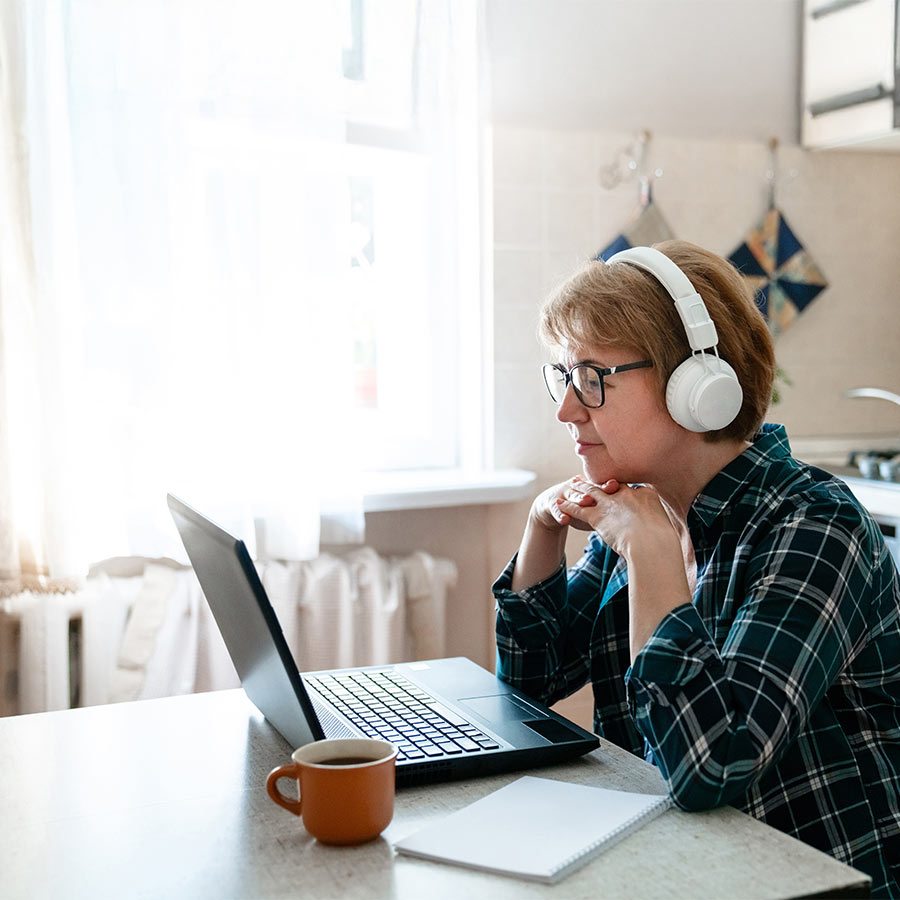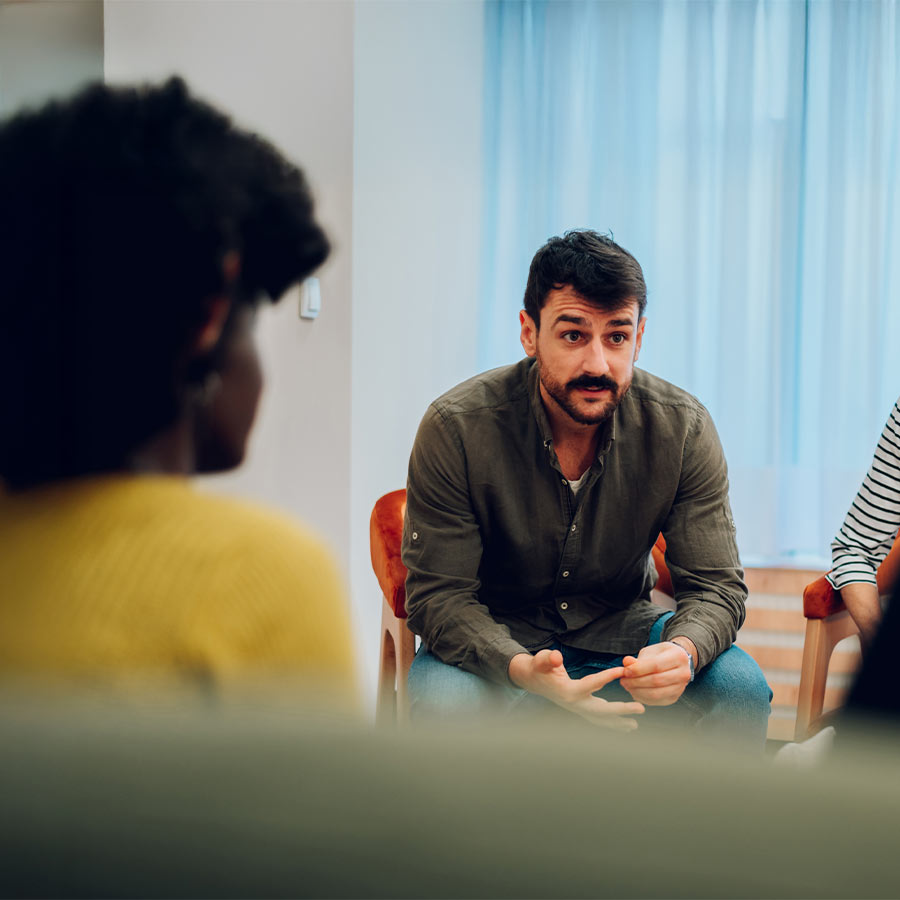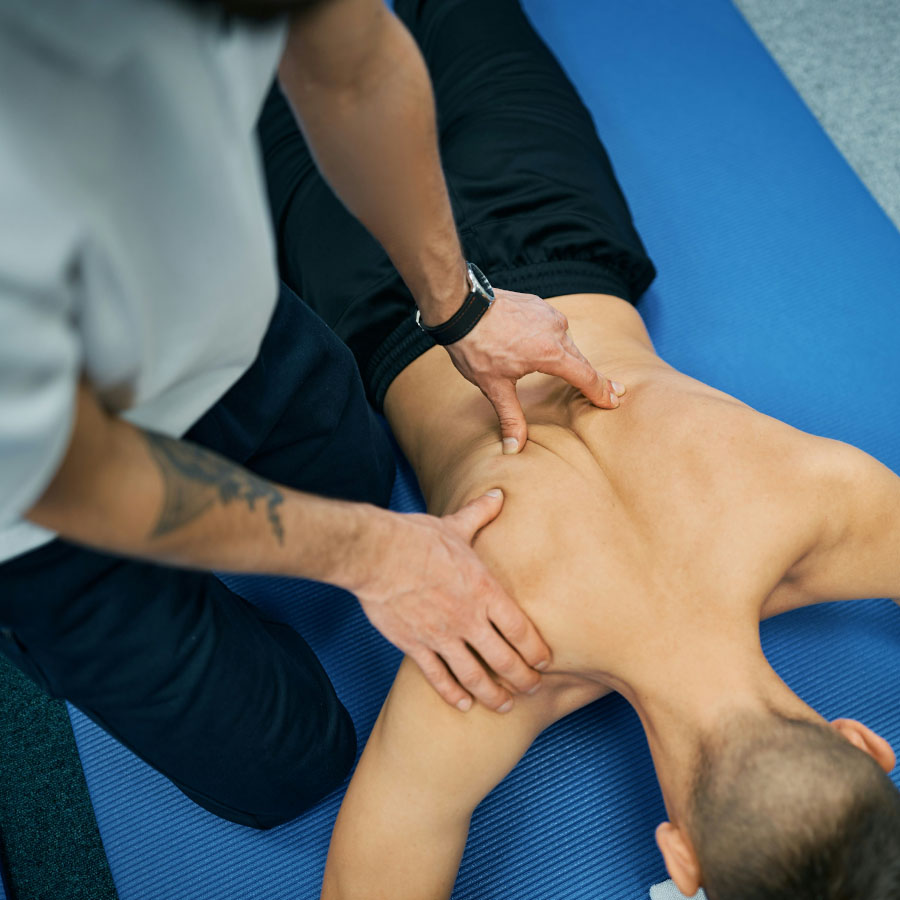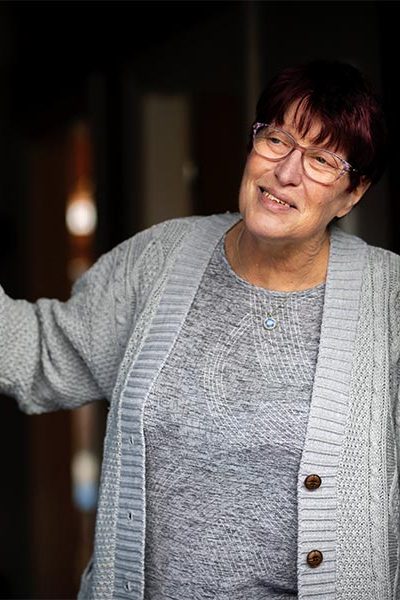- How much energy is required for ‘good posture‘?
- How does bad posture affect body functions and our wellbeing?
- Read on to find out about the causes and effects of having good or bad posture and the impact on your body … and mind.
For example, guardsmen are instructed actively to induce postural sway by regularly adjusting their body weight from the front to the back of their feet to maintain circulation and prevent fainting.
If posture is efficient such as ‘good posture’, it requires little energy to maintain and causes few long-term stresses on the body. If posture becomes inefficient, ‘poor posture’, active muscle work becomes necessary to redistribute body mass and hold it there. This is an energy-consuming process; energy which is not then available for other purposes. It also subjects the joints of the body to abnormal stresses and dysfunction.
The further the centre of gravity deviates from the ideal, the more energy is consumed by the body. As a result, it is often postural imbalance, which is responsible for low energy states and subsequent ‘ill health’.
In other words, poor posture will adversely affect how the body functions and over time this alteration in function will produce further postural or structural changes.
Poor posture requires more energy expenditure by the musculoskeletal system, leaving less available for body maintenance and repair. The resultant long-term or repeated ‘ill health’ may have an effect on emotional wellbeing producing a spiral of poor health and negative emotional state. There are measurable, physiological effects which may be both the cause and effect of positive and negative emotions confirming that the body is a unity of mind, body and spirit.
Therefore, think positive and your body will follow!
Information & Guidance
Access our Health Hub
Long Term Condition
People living with Long Term Conditions (LTC’s) are more likely to experience mental symptoms due to their physical symptoms causing anxiety, worry, overthinking and avoidance.
Related Articles

Pennine’s Fracture Liaison Service: Quietly transforming lives in Oldham
Discover how Pennine MSK’s Fracture Liaison Service in Oldham is leading the way in osteoporosis care, prevent
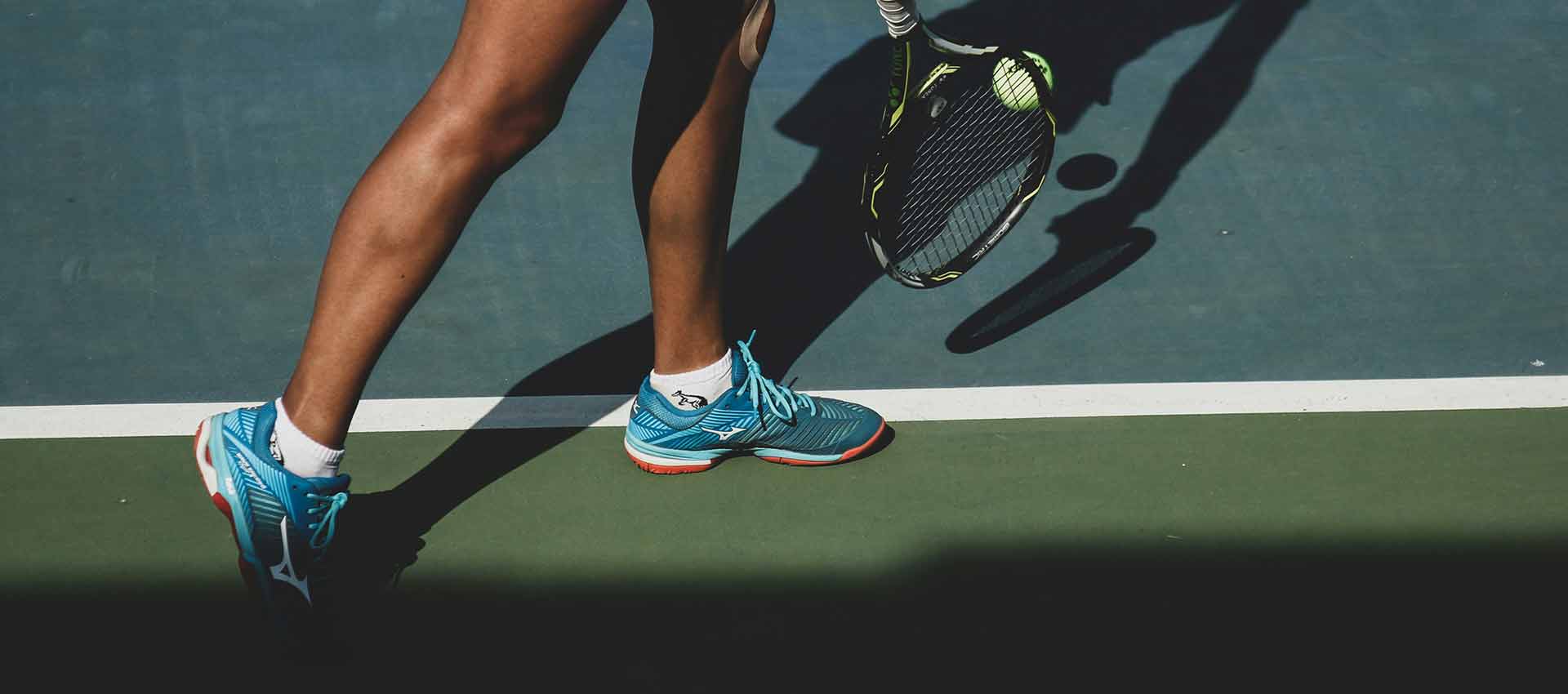
Tennis injuries: symptoms and prevention
Tennis injuries can be short or long term – these last ones being associated to the upper body (overuse).

5 Simple Tips for Back Care
Back pain is often, it’s your body reminding you to move, rest, or adjust your habits.

The benefits of physical activity for mental health
The benefits of finding even small moments for movement in our everyday lives are great.



